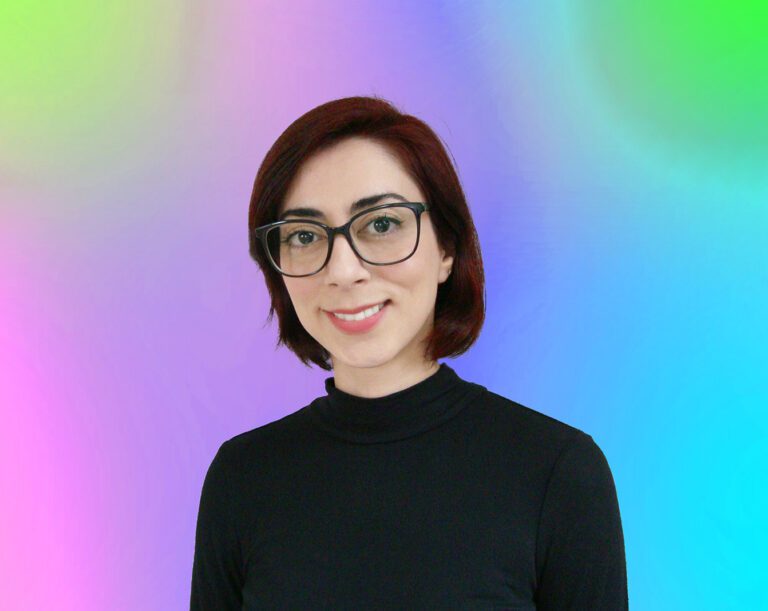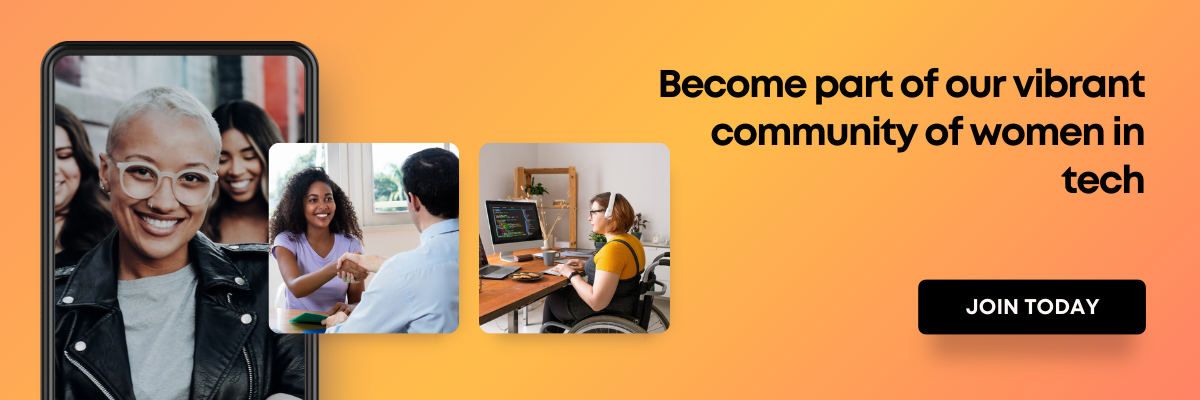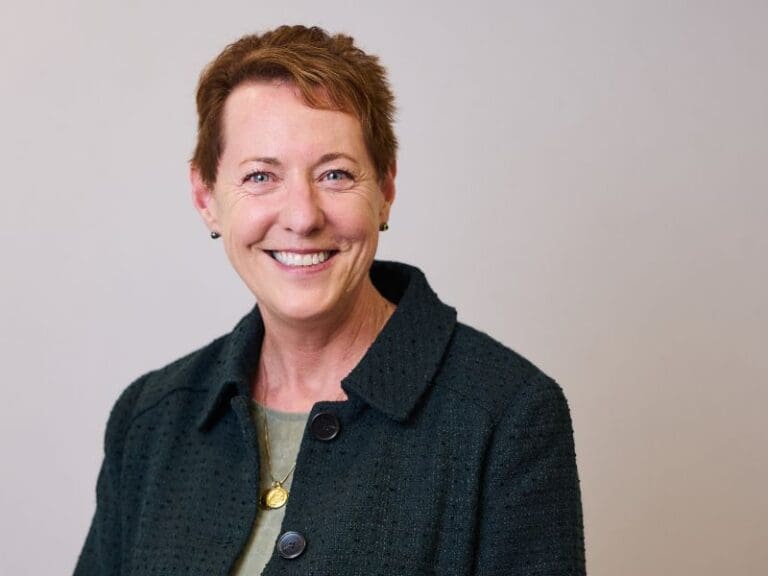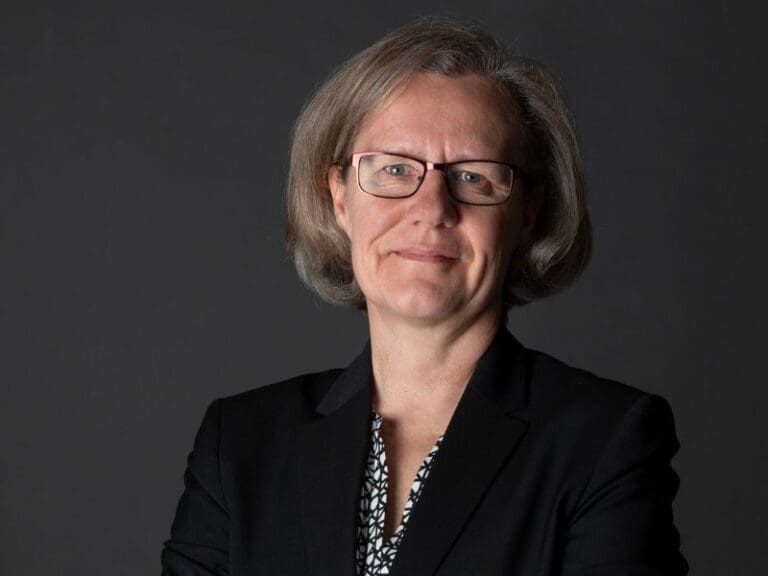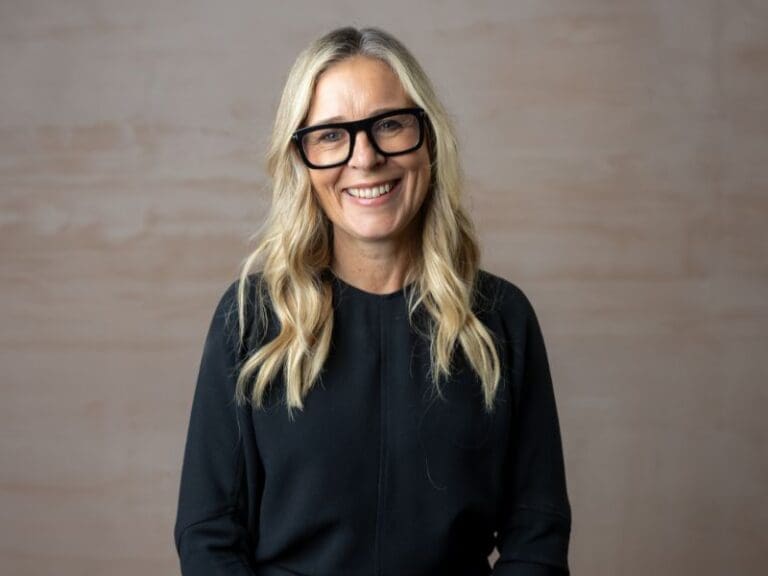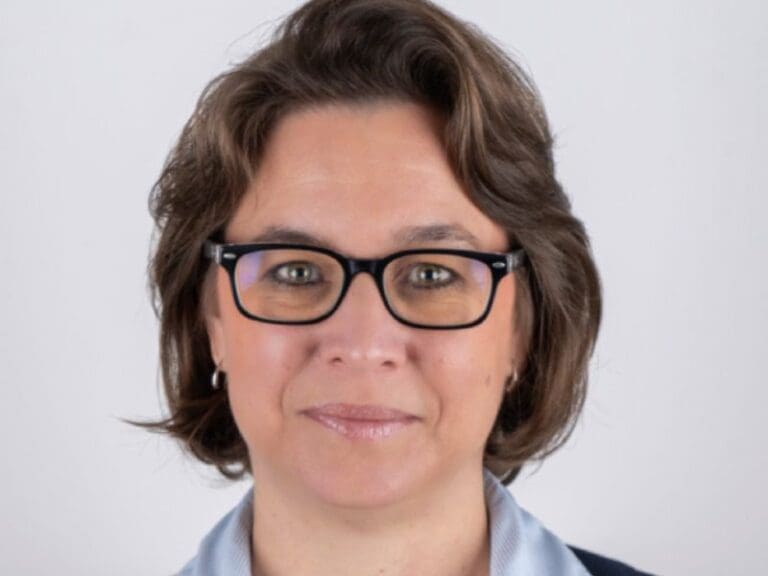Yara is a London-based designer with over a decade of experience, combining expertise in design, management, and entrepreneurship. Beginning her career in industrial design, she developed a deep understanding of development and production processes that continues to inform her approach to creating functional solutions.
What was the initial motivation behind learning Qt?
Before joining Foundry in London, I was working as a designer for a a B2B web-based company in the pharmaceutical sector in Milan, Italy. I was comfortable with HTML, and CSS frameworks like Bootstrap. But then I came to Foundry and encountered all these new terms related to the Qt framework when the devs said “Let’s see if Qt has a widget for this” or “Qt might present restrictions to do that.” These phrases were pretty confusing at first. I realised that understanding Qt would help me get on the same page with the engineering team.
To explain why technical skills are important for me as a designer, a bit of background helps. I started my career in Brazil as an industrial designer in the fashion industry, focusing on physical products. Before my first job as a Junior Product Designer and even before starting my bachelor’s degree, I took evening classes on manufacturing, learning to operate machines, create spec sheets, and patternmaking, both manually and with 2D CAD software. I also volunteered with local brands to gain hands-on experience and learn about production processes. This early exposure to product development and manufacturing taught me to identify and solve problems early, making my designs more practical and effective.
I decided to switch to digital product design during my master’s. Just as I had studied how physical products were made, I began teaching myself programming languages and digital development to understand the digital side of things, bridging the gap between physical and digital design. Unlike physical products, digital ones are constantly evolving and can be updated continuously. However, the design principles and skills are transferable, and what excites me most about design is its universal problem-solving approach across industries, serving as a flexible framework.
I view product designers and software engineers in a way similar to how architects and civil engineers work together. Just as architects benefit from understanding structural principles to avoid hearing, “This building won’t stand,” digital product designers gain from knowing some coding. This technical knowledge ensures designs are feasible and more likely to succeed. For me, knowing how things are made—whether physical or digital—is key. My goal in learning Qt wasn’t to become a framework expert but to improve my role and better support my teams.
What were some of the specific challenges faced while learning Qt and how did your colleagues help you overcome them?
Learning Qt came with its share of challenges. Since Qt offers a wide range of tools for different types of products, I initially tried to get a broad understanding of everything it could do. But, with my mentor’s guidance, I learned that many of these tools weren’t really used in our company because we mainly focus on desktop applications. Some of the Qt tools are meant for mobile or web apps, so we stick to those that fit desktop development. Plus, our developers often work directly in C++ code, skipping the GUI tools. Figuring out which tools were actually useful for our needs and getting advice on how our engineers use Qt was key to overcoming these challenges and was incredibly helpful.
How has working with your colleagues to learn Qt influenced your relationships within the team?
Before diving into Qt, I had no idea which engineers knew their way around it, apart from my mentor and a few team members. Once I started chatting about it, I found out that while some engineers were really experienced with Qt, others, especially those focused on backend work, didn’t know much about it. It was a real eye-opener to see the range of skills within our team. As I got into exploring Qt and talking about it, my enthusiasm sparked interest among my colleagues. This led to more chances to connect and chat, giving us a common ground for meaningful conversations. In the end, learning Qt really helped me build better relationships with my teammates and understand their roles and skills better.
What surprised you the most about the collaborative learning process?
While learning Qt, explaining my work to non-engineer colleagues sparked meaningful conversations and motivated them to explore the topic further. This experience reinforced my belief that sharing knowledge is more impactful than learning alone; it ignites curiosity and fosters personal growth. Foundry is big on knowledge-sharing, which creates a space where everyone can thrive. To me, helping each other isn’t just about passing on information; it’s a kind of mental generosity that benefits both the giver and the receiver, reinforcing our understanding and building a collaborative, win-win atmosphere.
How have you been able to apply the Qt knowledge you gained in your current projects?
Before, I felt lost with all the Qt jargon. While I’m not a Qt expert, my basic knowledge has greatly improved my communication with the team and my understanding of our products. When product and engineering folks work together, sharing some basic common knowledge makes a big difference.
For example, I now grasp what “widgets” mean in Qt, which helps me spot them in our product interfaces and ask more informed questions during design reviews with technical folks. Using the same terminology as our devs make it feel like we’re all speaking the same language. I wouldn’t say I understand everything they say perfectly, but I definitely feel like I’m on the right path to better communication.
How has learning Qt enhanced your design capabilities or impacted your approach to problem-solving?
Throughout my career, especially in the digital field, I’ve learned that design involves not just understanding the end user and company goals, but also empathising with the teams who will bring the design to life. Contrary to the idea of designers as solo artists, we are part of a broader business ecosystem. This concept dates back to the 18th century during the Industrial Revolution, when the rise of industrialisation and mechanisation called for a professional who wasn’t a craftsman or an artisan creating tailored products, but someone who could design products for mass production. Sorry for the detour, but I love the history behind things!
In other words, we design products while managing project constraints to ensure they are doable and will work for thousands of users. In this context, technical skills are as important as soft skills, and effective communication with stakeholders is just as crucial as the design itself. For instance, when working with a team unfamiliar with Qt, I need to consider how this impacts the implementation of my design if it involves complex interactions or major UI changes.
By anticipating challenges and aligning designs with the team’s strengths, it helps set more realistic expectations and, while it might not make the process completely smooth, it does make it—using my limited English vocabulary—a bit less hard. This ensures that designs are not only innovative but also practical and feasible within the timeline.
What advice would you give to others who are looking to learn new skills by leveraging the expertise of their colleagues?
My advice is simple: go for it! Starting something new can be intimidating, but if your company offers learning opportunities and supports your growth, make the most of it. You have nothing to lose and everything to gain.
I once read about the concept of a “Beginner’s Mind,” which is all about welcoming the unknown, and it’s something I’ve embraced in my life. When you think you know it all, you limit yourself and make new things seem harder than they are, even impossible. But with a beginner’s mindset, you stay open to new ideas and perspectives. For me, it’s a great way to approach not just work, but also life.
Foundry has a formal mentorship program, which is great. But if someone is at a company without one, I’d suggest being proactive and starting one yourself. Find someone you admire or who has a skill you’d like to learn, introduce yourself, explain why you want to learn that skill, and ask if they’d be willing to mentor you. The worst that can happen is they say no, and then you can just ask someone else. You might be surprised by how many people are willing to help others. So don’t be discouraged—go ahead and ask someone to mentor you! The experience can be truly transformative.
What new skills or knowledge areas are you excited to explore next?
The world of digital products is always evolving, so there’s always something new to dive into—which I love because I’m all about continuous learning! I’m still building my understanding of things like Qt tools and Python for user scripts and APIs here at Foundry, and look forward to applying this knowledge in practice.
But beyond coding, I’m excited about exploring Artificial Intelligence and its applications like Machine Learning. Our company is ahead of the curve with ML tools that have been saving users a lot of time by streamlining processes and boosting efficiency.
Of course, AI in the VFX industry comes with challenges, especially around privacy and copyright. Still, AI and ML offer incredible potential to enhance creativity by handling technical tasks and freeing up artists to focus on the creative side. For us, this presents both a challenge and an opportunity to improve our products. I’m excited about future possibilities and how we can thoughtfully integrate new technologies into our work and life for the better.


